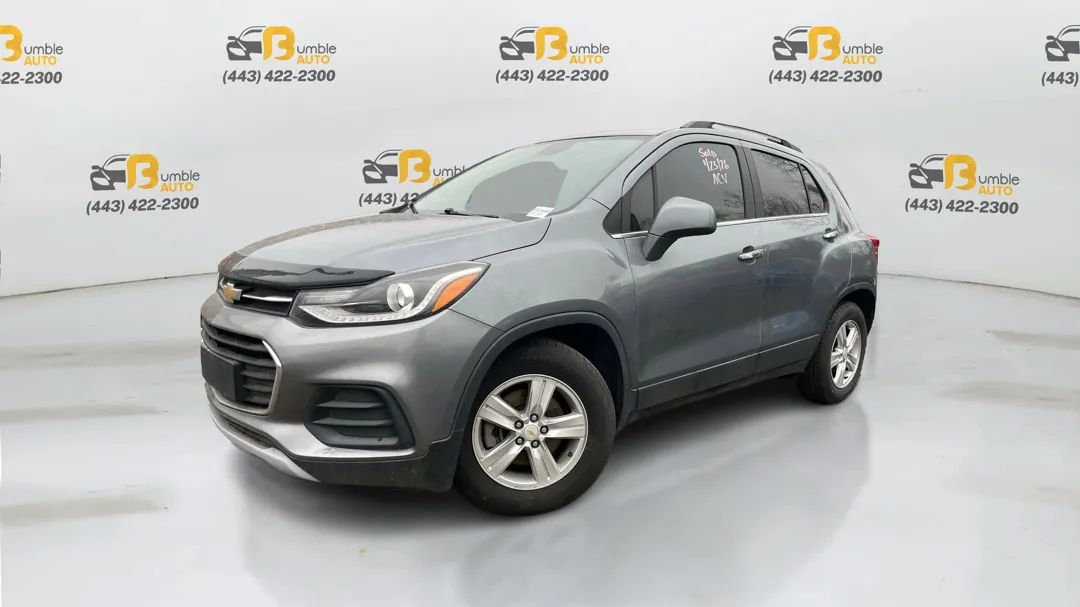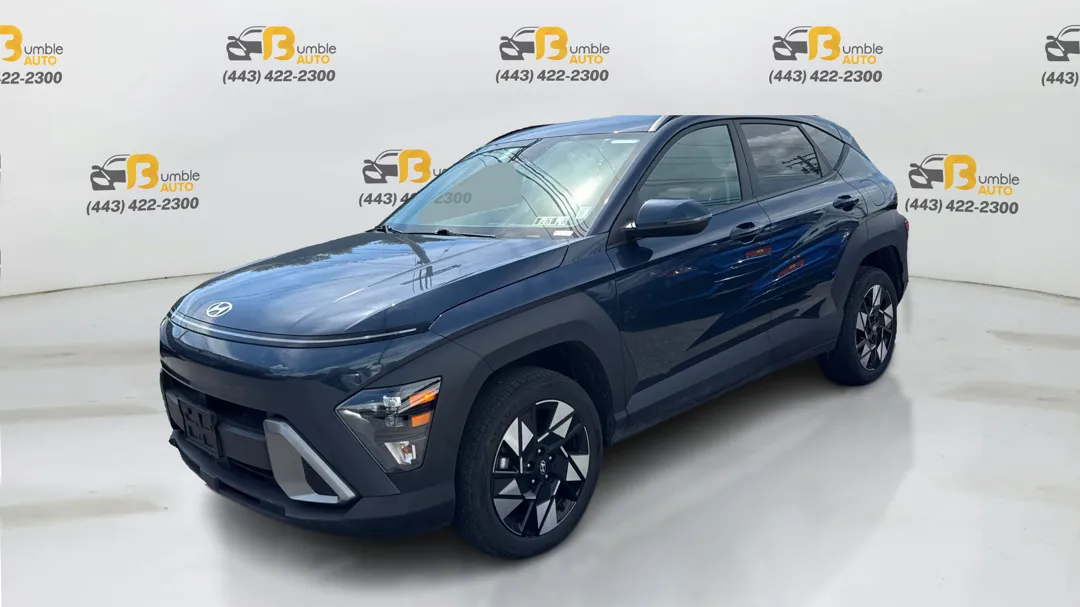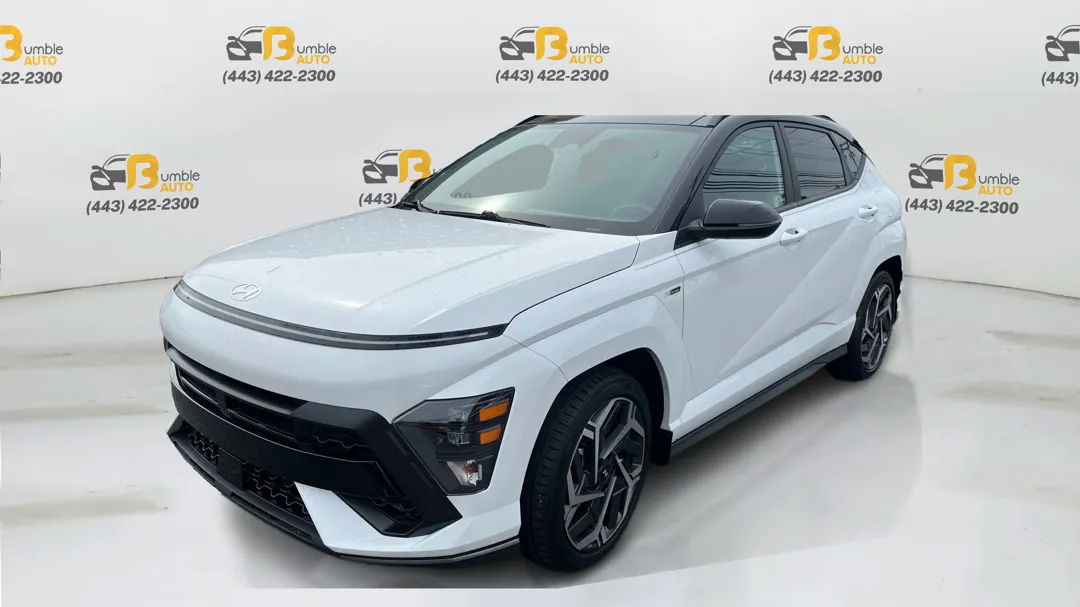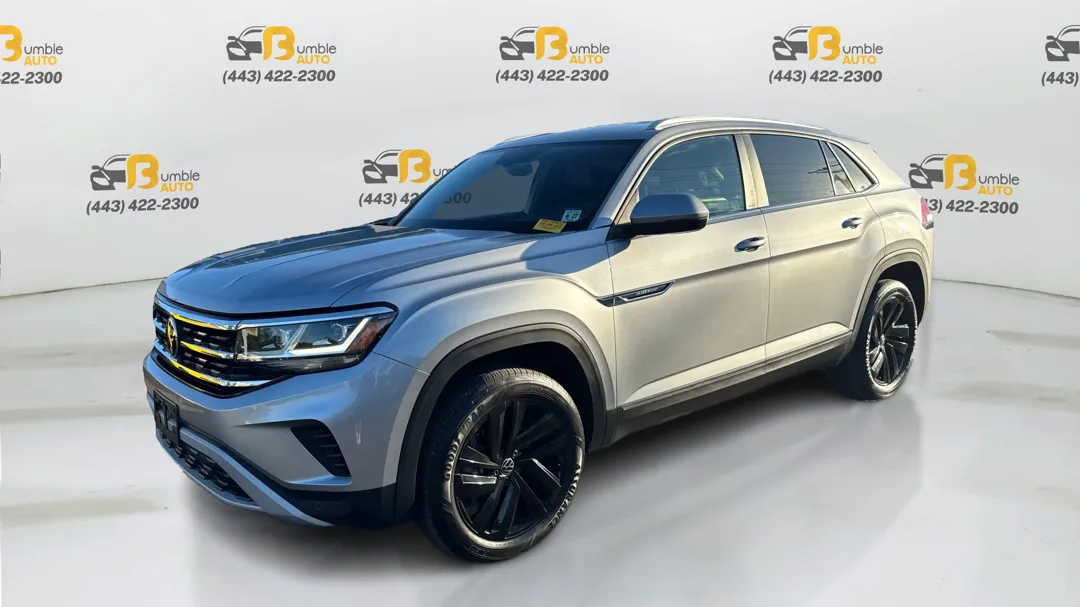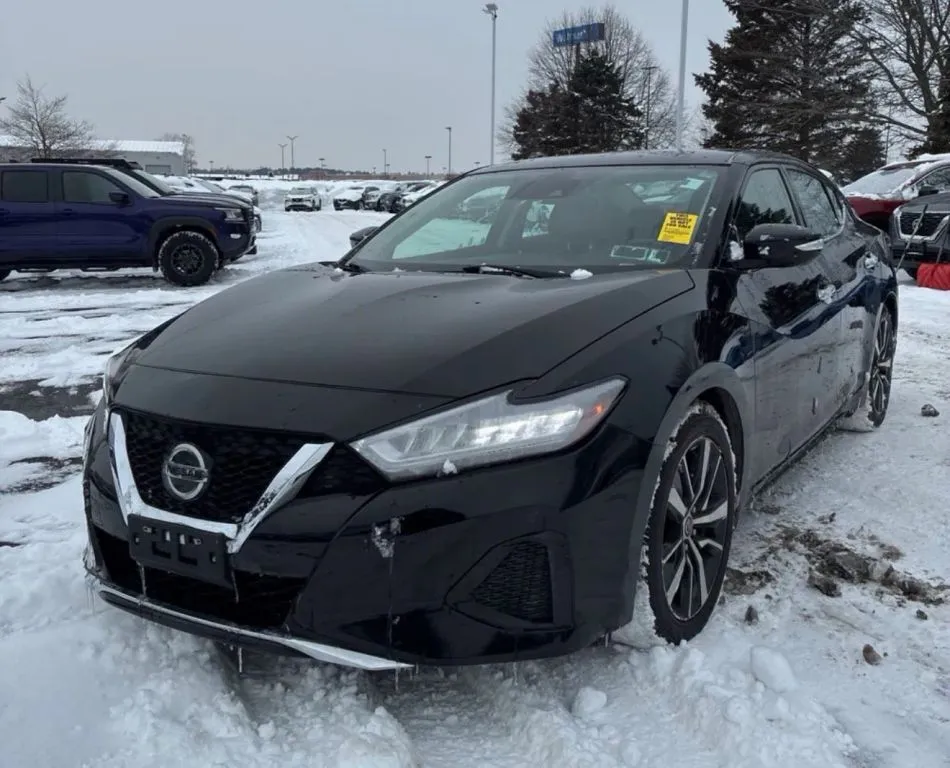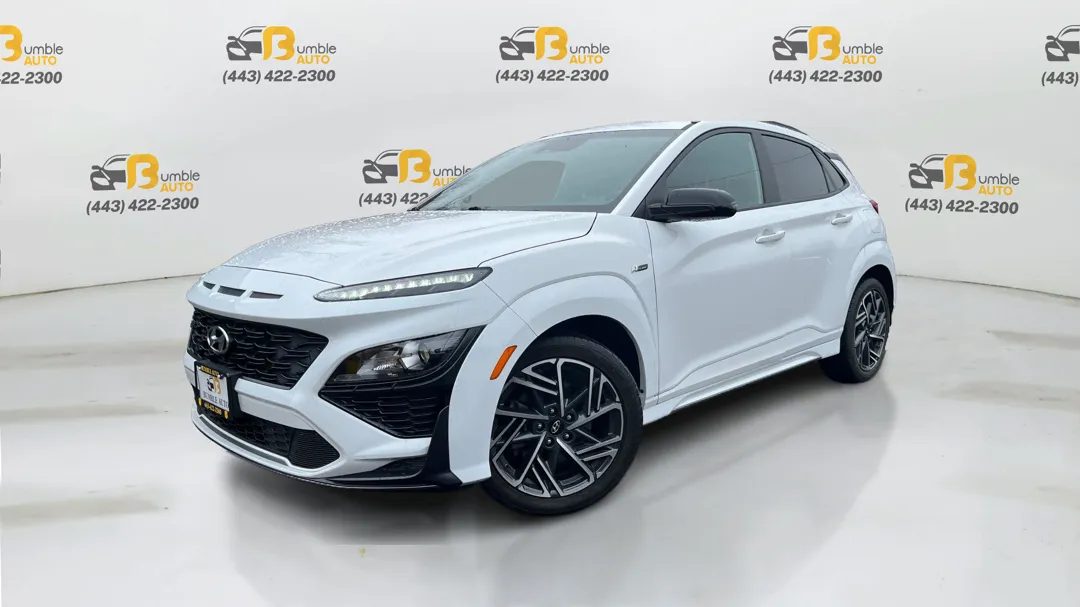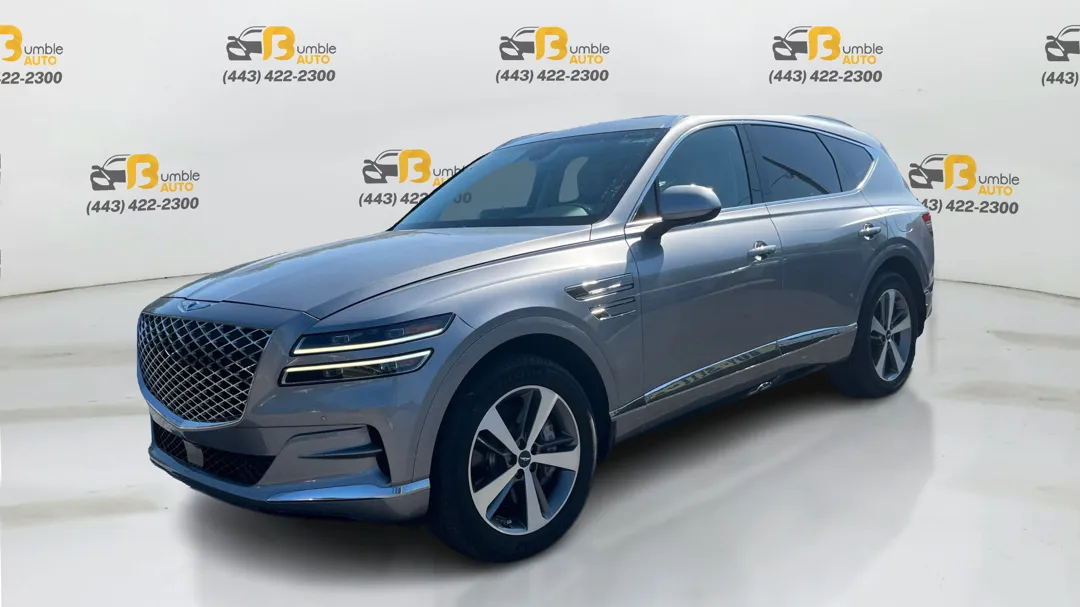Used Car for Sale by Owner: Dos and Don'ts
Table of Contents
- Used Car for Sale by Owner: Dos and Don’ts
- DO’S AND DON’TS OF BUYING A USED CAR FROM PRIVATE OWNER
- DO PROPER CHECKUP OF A USED CAR WHILE BUYING FOR OWNER
- DO TAKE THE CAR TO A TRUSTED MECHANIC
- DO TAKE A TEST DRIVE
- DO CHECK THE USED CAR’S HISTORY WHILE BUYING FROM PRIVATE OWNER DIRECTLY
- DON’T BUY THE CAR WITHOUT A TITLE
- DON’T IGNORE TO CONFIRM THE CAR’S INSURANCE
- DON’T FORGET TO BARGAIN AND NEGOTIATE WITH PRIVATE OWNER
Used Car for Sale by Owner: Dos and Don’ts

If you are still confused about if you should buy a used or new car , you must know that buying a used car is considered a more wiseable decision than to buy a new car; however, there should be a complete transparent and smooth process of it. You must know the General Do’s and Don’ts of buying a used car to get the most of the used car buying. It is always better to buy the used cars for sales by the direct owners. It saves you some bucks because the dealers and the relevant car sales and purchase companies are doing business and they always make their commission from each deal;therefore, it is always preferable to buy the used cars for sale by the private owners directly. It is a bit complex process but still you may find many elderly people who avoid to sell their cars via dealership or they lack the proper tech knowledge to sell it on web platforms. It means, with little effort, you may find some better deals of used cars for sale by the elderly owners.
However, this beneficiary process of buying the used cars for sale by the private elderly owners is not as simple as it looks. There are some pros and cons of doing it;therefore, you need to be extra vigilant and you must follow a proper guideline
DO’S AND DON’TS OF BUYING A USED CAR FROM PRIVATE OWNER

Following are some Do’s and Don’ts to buy a used car in Washington DC .
DO PROPER CHECKUP OF A USED CAR WHILE BUYING FOR OWNER
Always do proper checkup of a used car while buying it from a private owner. Make sure everything is in good shape and the used car may be a feasible ride for the next few years. The exterior body paint, the doors and the tires are in good shape and you won’t have to spend much on the repairing. If the overall condition of a used car is 8/10, only then you may consider buying the used car from an elderly owner.
DO TAKE THE CAR TO A TRUSTED MECHANIC

If you are even satisfied with the overall look with the used car, you should not buy it immediately;instead, you may take it to a trusted mechanic to make the car check in details. The trusted mechanic would check for the car’s mileage, car’s engine, car’s tires and the other functional parts like clutch plates and shocks to see if the car would drive smoothly for some years or you would be spending too much in upcoming months.
DO TAKE A TEST DRIVE
You must take that particular used car to a test drive. You should generally check it against any random sounds from the shocks and the engine. You must take the route of some crowded areas to check the car’s efficiency and the smoothness while running a car at slow speed and crossing some speed breakers. Then, try to run a car on fast paced highway tracks to check the car’s efficiency on a higher speed too.
DO CHECK THE USED CAR’S HISTORY WHILE BUYING FROM PRIVATE OWNER DIRECTLY

Don’t forget to check the used car’s history while buying the used cars from private owners directly. You can easily estimate the car’s worth by just considering the car’s history including its previous repairs and the title transfers. You may also get an idea of whether the car’s mileage and the car’s mobile oil is still efficient or not.
DON’T BUY THE CAR WITHOUT A TITLE
Even if you are satisfied with the overall look, performance and the interior of the car, don’t buy it for the sake of buying. The car’s title is one of the most important things you should look on while buying the used cars from the private elderly owners. Many of the elderly owners may have the expired Id’s or the car may have multiple buyers before and now there won;t be any original car title. Don’t take such risk of buying that particular car without a title. It may cause you legal trouble sooner than later.
DON’T IGNORE TO CONFIRM THE CAR’S INSURANCE

Don’t forget to check the car’s insurance papers. Thoroughly check whether the car is still insured or not;otherwise, you may have to reactivate the insurance with your own pocket after paying a ransom fine.
DON’T FORGET TO BARGAIN AND NEGOTIATE WITH PRIVATE OWNER
No matter how tempting is the offer from a private owner, don’t forget to bargain and negotiate for a discounted price because there is a chance that he may have already read the selling car privately tips , so you should not be a loser in a private deal.
Don’t look so excited while buying a specific used car from the direct owner. Always note down some important flaws in the car and tell him that you may spend on recovering those flaws too;therefore, try to compensate for the price.


